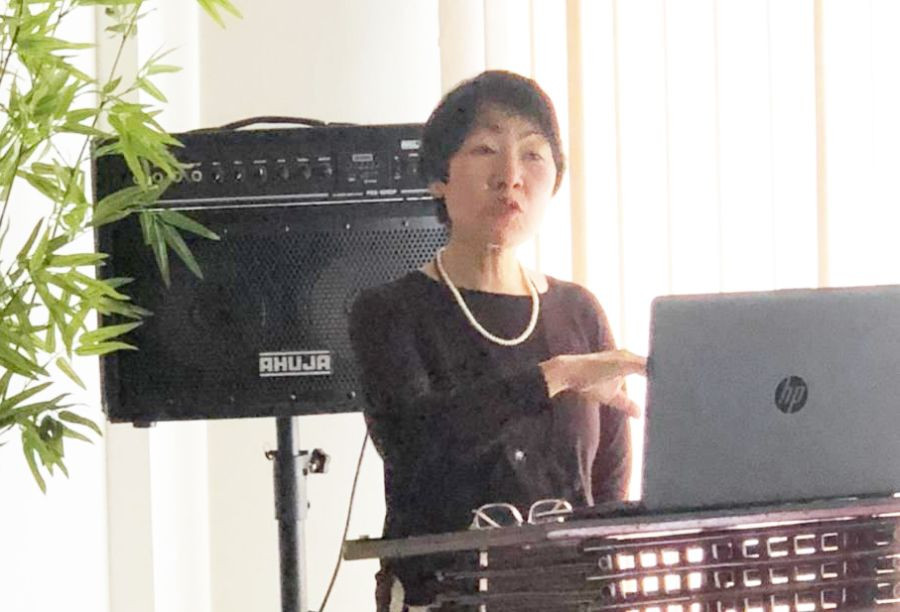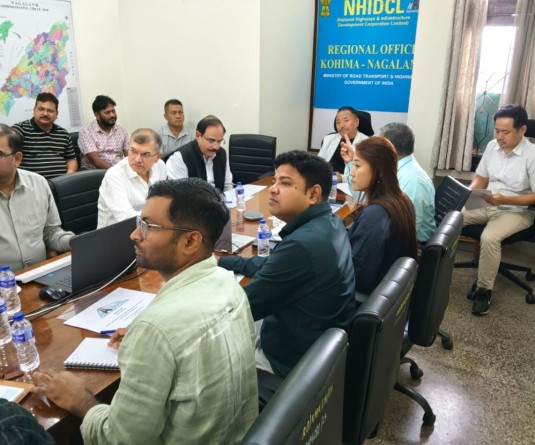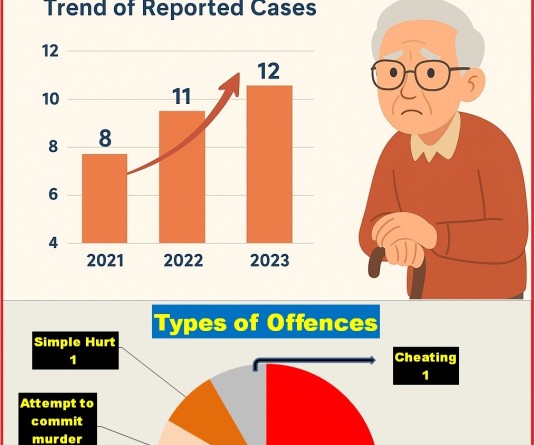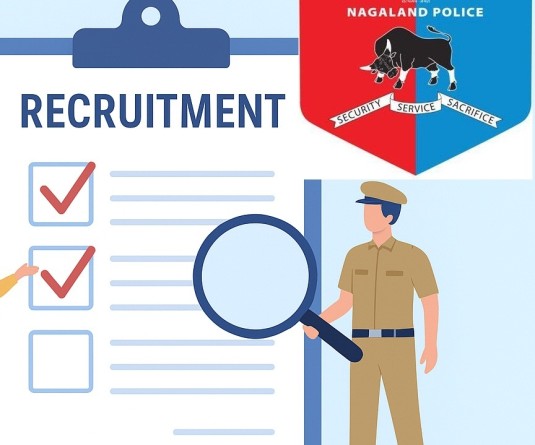Dr Easterine Kire

Morung Express News
Dimapur | November 27
The Nagas should start writing history from insider’s perspective and start owning history, noted Naga writer Dr Easterine Kire asserted on November 27.
“We have to look at the history from our own perspective. We have lots of records, but by outsiders, not by us,” Dr Kire noted, while sharing on “Writing Historical Fiction (Under the broad theme of literature),” at the interaction between Gordon Graham Prize for Naga Literature (GGPNL) Judges and Naga Scholars held under the theme, “Policy Making in North East India” at NECU.
These records, she argued, is ‘writing down” of history, often through colonial gaze.
To this end, the noted author observed that Nagas now have to two histories – one ‘nagli’ and one ‘asli.’
“When it comes from participants of culture, it is real; and if comes from non-participants, it is not authentic,” she asserted during the deliberation jointly organised by North East Christian University (NECU) and Kohima Educational Society.
She further regretted that devoid of own writings, ‘cultural theft’ occurs as outside experts come and appropriate the narrative.
“Our children are being thought is ‘nagli’ history of us by others, we should start our writing and owning our history,” she added.
To buttress her point she cited the Battle of Khonoma, and why Nagas were resisting British rule.
Among others, it was against imposition of -house Tax, demands for free labour, burning of sheds, and -interferences the way of life, she argued, though other records may imply otherwise.
From her own experiences, she shared on harvesting oral narratives, which are individual as well as community histories.
However, Dr Kire noted that while narrating the same, it is important to connect with the readers.
There may many interesting historical information. But tying it up to a human story, makes it stick, noting that her early novel “Mari” was one such venture of oral memory harvesting.
“Use human elements to connect it to human history,” she advised, further stressing on the importance of verification through multiple sources, and not just one narrative.
Taking the gathering through many timelines, she also noted how events or battles, can be ‘time-marker’ for those without formal education, citing instances such as born before or after the ‘year of war’ or ‘day on the run’ and so on.
These are verifiable in others with similar circumstances, she informed.
The Naga history and narratives have gone through many periods of silence. Go and explore and start harvesting narratives, she added. “The right time to write story is now. Don’t wait for elders to get old.”
At this point of history, we have started begun writing ourselves. Let us continue to write ourselves that is authentic. When it comes from the people of the participants of the culture, it is authentic, she reiterated.






